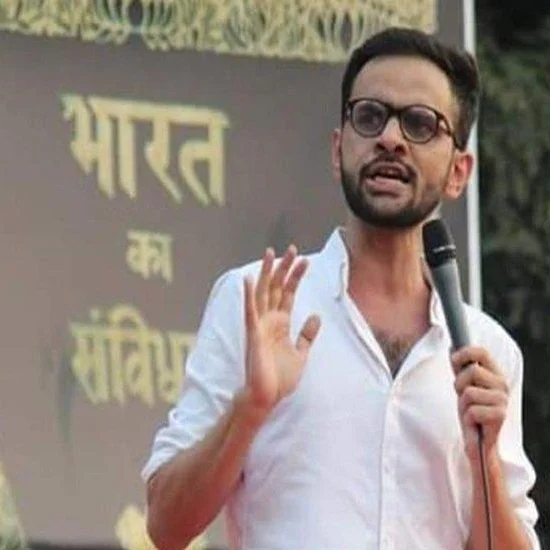Umar Khalid, a former Jawaharlal Nehru University (JNU) student leader, is questioning his continued detention in connection to the Delhi riots case. Arrested in September 2020, Khalid argues that individuals accused of similar or greater involvement have been granted bail, creating a disparity in justice.
The Question of Parity
During a recent court hearing, Khalid’s legal team emphasized the principle of parity, asserting that the same standards applied to other accused individuals, such as Devangana Kalita, should also apply to Khalid. His lawyer argued that the grounds for his continued detention are weaker than those that led to the release of others. The core of the argument revolves around whether Khalid’s speeches and actions directly incited violence or if he is being unfairly singled out.
The legal team is essentially asking: are similar cases being treated similarly? Transitioning to the specifics of the case, they are highlighting differences between the prosecution’s claims against Khalid and the actual evidence presented.
Background of the Delhi Riots Case
The Delhi riots case stems from widespread violence that erupted in Delhi in early 2020. Tragically, the riots resulted in numerous injuries, fatalities, and significant property damage. Consequently, law enforcement has made numerous arrests, and the courts are currently processing a large number of related cases. The complexities of the case mean that each defendant’s role and culpability are being carefully examined. Consider exploring other articles on the Delhi legal system to understand the broader context.
Khalid’s lawyer specifically stated, “The court should consider the parity in the treatment of the accused,” underscoring the importance of equal justice under the law. This statement highlights the defense’s central argument: that Khalid’s treatment should align with that of other defendants facing similar charges. This also underscores the importance of the principle of fairness and equity in the justice system.
The decision regarding Umar Khalid’s bail request is anticipated to have significant consequences for other individuals arrested in connection to the Delhi riots case. Moreover, it may set a precedent for how courts address similar cases involving free speech and the right to protest in the future. The court is expected to issue a ruling shortly. The outcome of this ruling is expected to be closely monitored by legal experts, activists, and the general public alike.
